EU, June 20 (V7N) — In a significant diplomatic development, nine European Union member states have formally urged the European Commission to take action against trade with Israeli settlements located in the occupied Palestinian territories. The call came in the form of a joint letter addressed to EU foreign policy chief Kaja Kallas, according to a report by Reuters on Thursday.
The foreign ministers of Belgium, Finland, Ireland, Luxembourg, Poland, Portugal, Slovenia, Spain, and Sweden signed the letter, which demands that the EU explore mechanisms to restrict or end commercial relations with entities based in or profiting from the illegal Israeli settlements.
The move underscores growing frustration within parts of the EU over continued Israeli settlement expansion, which the international community widely considers a violation of international law, particularly the Fourth Geneva Convention.
Letter to the Commission:
According to the Reuters report, the letter reflects a coordinated initiative to bring EU policy in line with its stated commitment to uphold international law and human rights. The ministers urged the Commission to explore legal options to "ensure that products originating from the illegal settlements do not enter the EU single market under preferential treatment or any form of legitimacy."
The request does not propose an outright ban on Israeli goods but rather a targeted approach to distinguish between products made within Israel’s internationally recognized borders and those produced in settlements across the West Bank, East Jerusalem, and the Golan Heights.
Background and International Context:
Israeli settlements in the occupied territories have long been a contentious issue in international diplomacy. Despite United Nations resolutions declaring them illegal, the expansion of settlements has continued, exacerbating tensions and undermining efforts toward a two-state solution.
The European Union, while a strong economic partner of Israel, has maintained a policy of non-recognition of Israeli sovereignty over territories occupied since 1967. In 2015, the EU issued guidelines requiring products from settlements to be clearly labeled. However, enforcement has varied across member states, and critics argue that settlement trade continues largely unchecked.
Implications:
The letter signals a renewed push from within the EU to align trade practices with human rights obligations. It also reflects internal divisions, as not all EU member states share the same stance on Israeli policies. Nonetheless, the involvement of nine countries — including influential voices like Spain and Ireland — could build pressure on the Commission to act more decisively.
As of now, the European Commission has not publicly responded to the letter. However, the development is expected to feature prominently in upcoming foreign affairs discussions within the EU bloc.
END/WD/SMA/



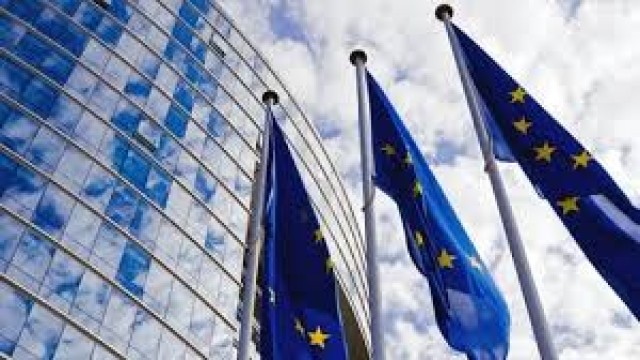



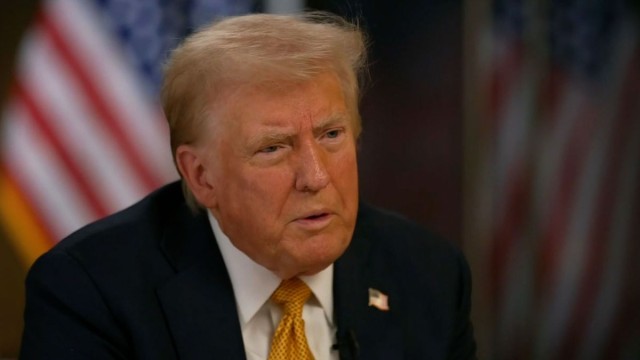
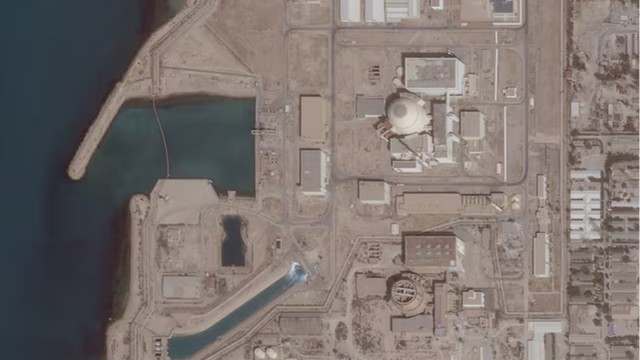
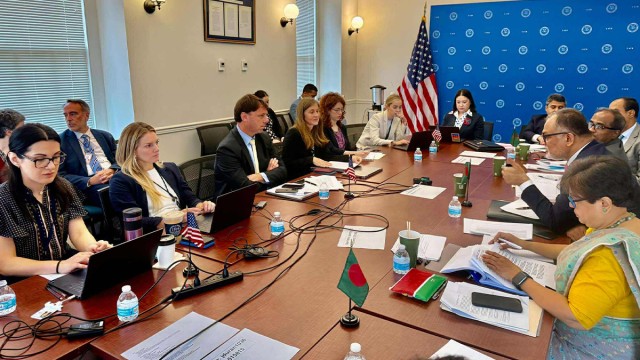








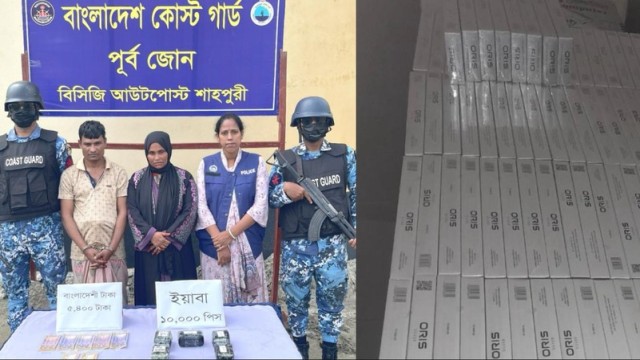









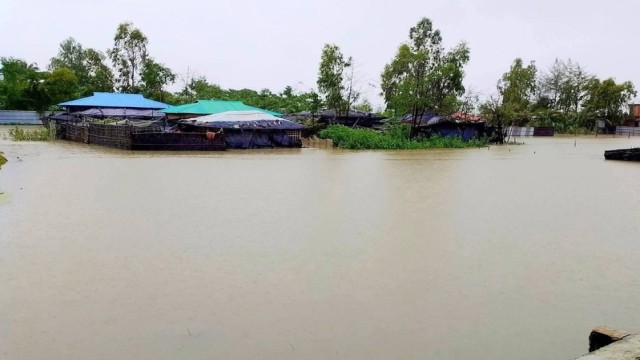

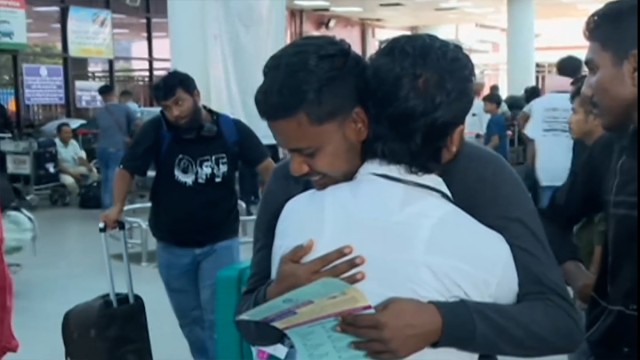
Comment: